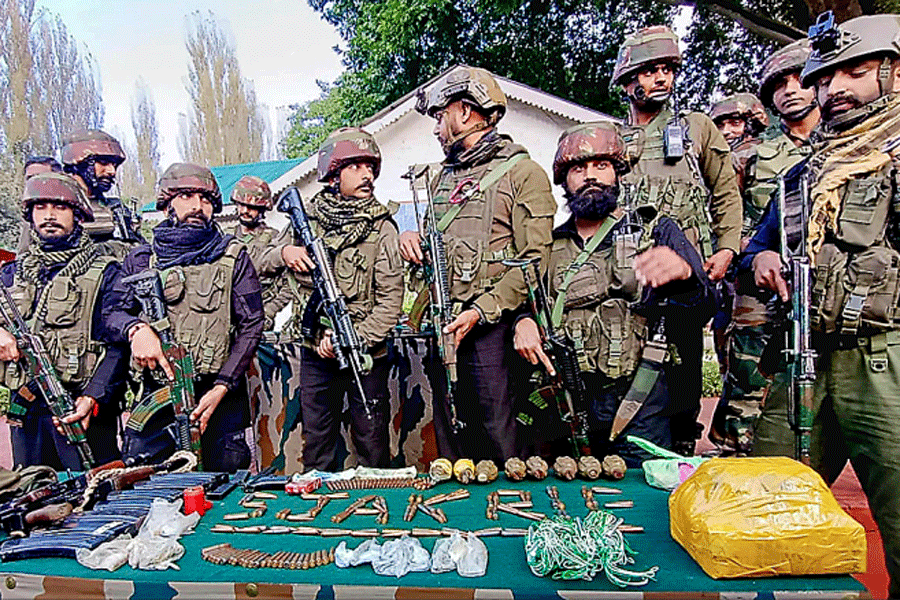Since coming to power, the Narendra Modi government has told the nation that the path to the future lies in resurrecting the past. Now, reports suggest that the armed forces are also turning to ancient texts for strategies to prepare for future wars. This is worrying in terms of the potential consequences: for the preparedness of the military for conflicts it will confront and because it is suggestive of a dangerous ideological convergence between the government and the country’s armed forces. According to reports, soldiers will study texts like the Arthashastra and the Thirukkural under what is known as Project Udbhav. As an academic exercise, there is nothing wrong with seeking wisdom from Indian classics. Indeed, it is important for India’s armed forces to be aware of the centuries of strategic thinking that have historically shaped the country and its approach to society, the world and conflict. However, the military’s approach to wars must be driven by its own strategic thinking and not by politics tinged with ideology. Modern conflicts need modern mindsets — and real, tangible assets in soldiers and weapons. At the moment, the military is running short of thousands of officers who would be needed desperately if a war were to break out. Meanwhile, Mr Modi’s government’s emphasis on developing the domestic defence industry, while laudable in itself, has led it to ban the import of key weapons systems, leaving the armed forces vulnerable as older platforms are retired.
Even more worrying are the potential long-term consequences for the military if the study of ancient texts for modern strategic lessons leads, in any way, to an infusion of religion-driven policies into the bloodstream of what has been a secular institution. The Indian armed forces are mandated by law to follow the instructions of the civilian government, but they are fundamentally answerable to the Constitution, not the politics of the day. To understand what can happen when that line is blurred, India needs to look no further than its western neighbour. The conscious Islamisation of the Pakistani military under the former president, Muhammad Zia-ul-Haq, led to the army supporting the so-called holy wars in the name of religion, be they in Afghanistan or Kashmir, training and financing militants and terrorists. Today, Pakistan’s army remains the most powerful force in the country, but Pakistan itself is a weakened, struggling State and nation. India’s government and military have long prided themselves on being different from Pakistan. They must keep it that way.











